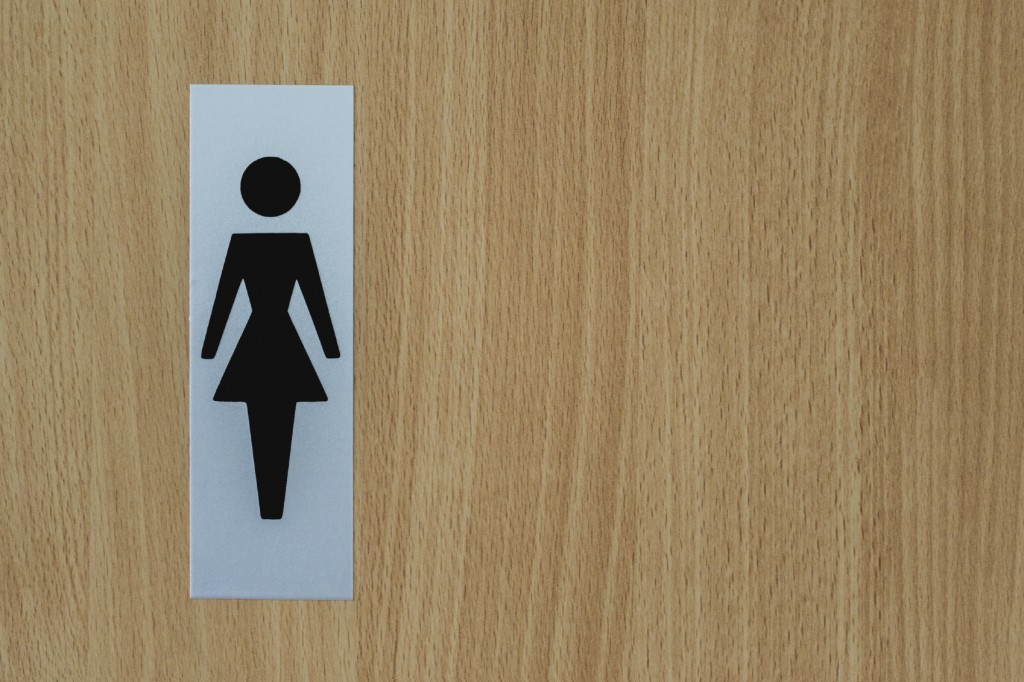Most people suffer from headaches at one time or another. Some even have the unfortunate distinction of having chronic head pain. Typically these headaches result from muscular and joint problems in the head and neck, or the onset of chemical or electrical changes within the brain itself. Yet not every headache has an innocent origin. Some head pain episodes need to send up a red flag in your mind and be treated as a downright emergency! The information below has the potential of one day saving your life—or the life of a loved one.
When to seek immediate medical attention for head pain:
• You are experiencing “the worst headache you’ve ever had”.
• The onset of pain is sudden (peak intensity reached within seconds to minutes).
• You are over 55 years old.
• This headache is associated with a stiff neck or high fever.
• You’ve had no prior history of headaches.
• Your head pain persists longer than three days.
• Your pain is accompanied by other neurological changes: double vision, slurring of speech, loss of sensation or weakness, wobbly gait (walking).
• An altered mental state (such as confusion or depression) accompanies your head pain.
The underlying causes for emergency headaches can be brain tumors or brain aneurysms (bulging/rupture of a blood vessel’s walls)—some serious stuff! But rest assured, less than one percent of all severe headaches require emergency treatment. So while chances are quite remote that you will ever encounter this sort of trouble, knowing what constitutes a “9-1-1 headache” can enable you or a loved one to avert a serious tragedy.
* Excerpted from my book, Overcoming Headaches and Migraines, Harvest House Publishers, 2008.



















